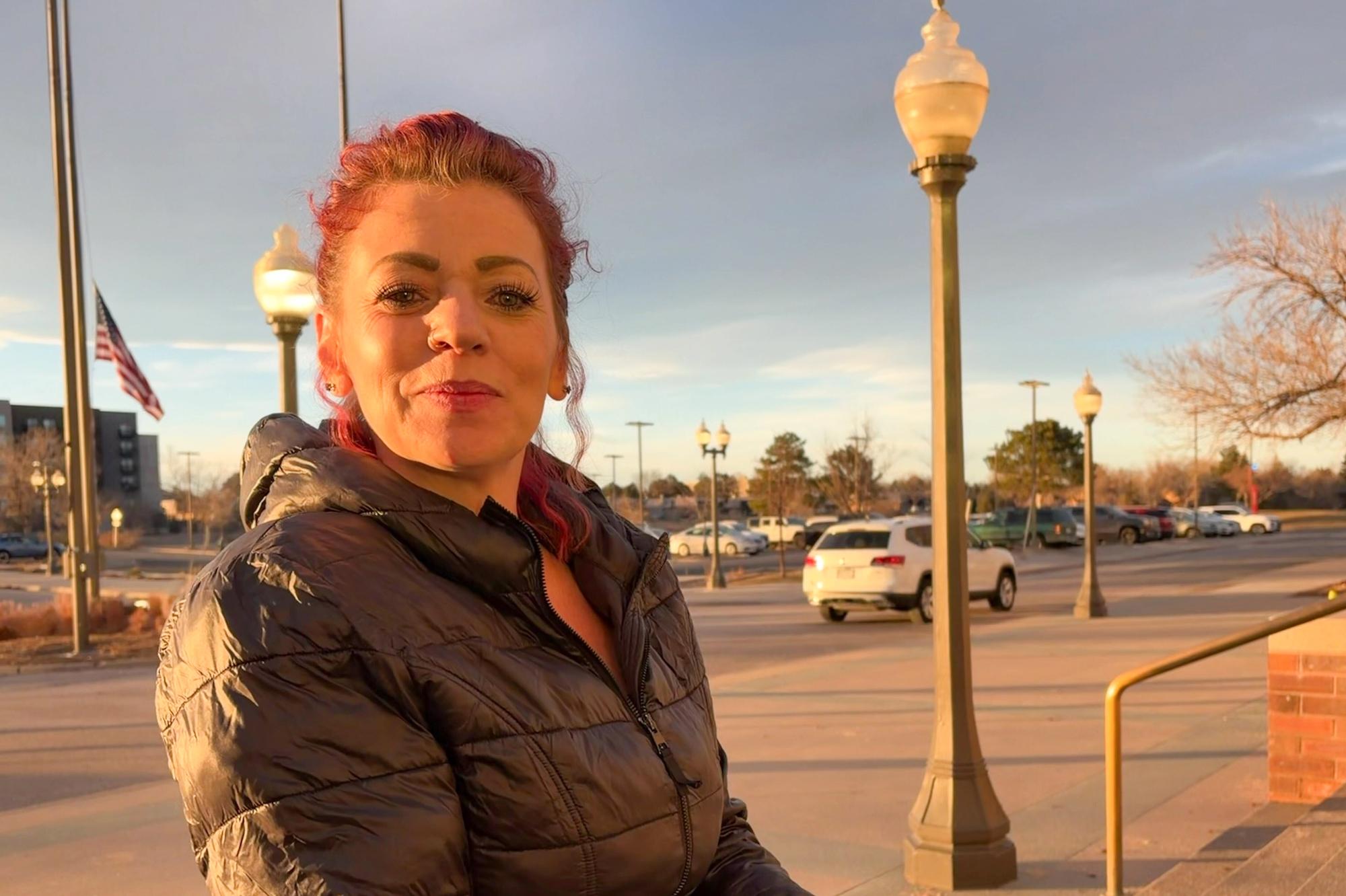
Updated at 5:32 p.m. on Tuesday, July 23, 2024.
Yes. You can stop pinching yourself. It really did happen. President Joe Biden did drop out of the 2024 presidential race just four months before the general election.
Has this happened before? Sort of. Let's look at some history and what comes next.
When did this happen before?
It's... been a while. This is the first time since President Lyndon B. Johnson that an incumbent has not sought another term in the White House. That was 1968. Johnson was struggling with the Vietnam War and faced primary challenges from Senators Eugene McCarthy and Robert F. Kennedy.
But Johnson dropped out in March with more primaries to go. Biden dropping out in July, with all the primaries completed, has no precedent.
Before LBJ, President Harry S. Truman declined to seek what would have been a third term in 1952 after losing the New Hampshire primary. Truman was not beholden to the 22nd Amendment which placed term limits on U.S. presidents. The amendment was ratified during his administration and therefore did not apply. Truman's predecessor, President Franklin D. Roosevelt, won four elections before dying in office. Here are some others.
Historic note: After Democrats Truman and Johnson declined reelection, Republicans would go on to win the subsequent two elections by wide margins. President Dwight D. Eisenhower flipped the White House in 1952 and won 41 states in his 1956 reelection bid. And Richard M. Nixon flipped the White House in 1968 and won a whopping 49 states in his 1972 reelection bid.
Ok, wow. But what happens now?
Roughly 4,600 people will serve as delegates to the Democratic National Convention, including 87 people from Colorado. Those delegates now decide what happens next. Biden's withdrawal now allows any delegate committed to Biden to vote for whichever candidate they want.
Cool. Who are the candidates?
Right now, just Vice President Kamala Harris. And she has already garnered enough delegates to secure the nomination on the first ballot. That includes all of Colorado's Democratic congressional delegation, Rep. Nancy Pelosi, and many would-be rivals such as Governors Gavin Newsom and Gretchen Whitmer.
If other presidential candidates want to jump into the race they would need support from 300 delegates, with no more than 50 from any one state.
What does it mean for Colorado’s delegates?
The Colorado Democratic Party officially endorsed Harris Tuesday, joining numerous other state parties in throwing support behind the vice president as Democrats push to unify ahead of their convention.
Gov. Jared Polis has also backed Harris. Colorado’s 87 delegates include elected officials and everyday people chosen to represent the voters. Though the party has endorsed Harris, individual delegates are not legally bound to any candidate — even if they’ve pledged to vote for one.
Here's what one Colorado delegate told us.
And when will these delegates decide? In Chicago?
It appears they will vote in a virtual roll call before the Democratic National Convention this August. The convention rules committee will meet to approve a virtual role call process on Wednesday. This means Harris could be the nominee before Democrats get together in Chicago for the DNC.
Would Gov. Jared Polis run?
Well, Polis was floated by many national pundits as a potential replacement for President Joe Biden. But he has already endorsed Harris.
What about Sen. Michael Bennet?
Bennet has run for president in the past. But he has also endorsed Harris.
Who will be the VP pick?
Like any nominee in modern times, Harris will choose her running mate. And we could see a pick as early as next week due to the protracted schedule Democrats are working with.
Early reports include Gov. Josh Shapiro of Pennsylvania, Sen. Mark Kelly of Arizona, Gov. Andy Beshear of Kentucky and Gov. Roy Cooper of North Carolina. Many say it’s likely Harris will choose a running mate who is moderate and a white male — notice the list above. And there’s discussion around picking a partner like Kelly or Shapiro who could help Harris win a battleground state like Arizona or Pennsylvania.
To be clear, all of this is early reporting and in the end it will come down to Harris, assuming she is the nominee. One thing seems clear though, Gov. Gavin Newsom of California, a popular choice to replace Biden, likely won’t be on the list because it would be electorally disadvantageous and the constitution does not allow the president and vice president to be from the same state.
What about Polis or Bennet at VP?
Neither Gov. Jared Polis or Sen. Michael Bennet are on reported short lists.
“Look, if they do the polling and it turns out that they need a 49-year-old, balding, gay Jew from Boulder, Colorado, they got my number,” Polis told CNN’s Dana Bush on Monday.
Meanwhile, Bennet did partner with Harris, and others, on the Child Tax Credit when both were in the Senate.
What does this mean for Colorado in the general election?
Historically speaking, not much. Democrats have won Colorado – usually by comfortable margins – in every presidential election since then-Sen. Barack Obama flipped the state in 2008. Biden won by 13 points in 2020.
Historic Note: The last three Democrats to poll under 50 percent in Colorado? Hillary Clinton, John Kerry and Al Gore. All three lost the presidential race. (Clinton won the state with only 48 percent of the vote.) For context, Biden was polling below 50 percent in Colorado before dropping out — though still well ahead of former President Donald Trump.
- Colorado Democrats endorse VP Kamala Harris for president
- Colorado Democratic delegate reflects on Biden announcement, what’s next
- With Biden out of the presidential race, Colorado Democratic delegates talk about who might replace him
- Colorado lawmakers praise Biden. Polis endorses Harris as Democrats rally around the VP
- Bennet optimistic after Biden withdrawal, but sees ‘very close election’ ahead









